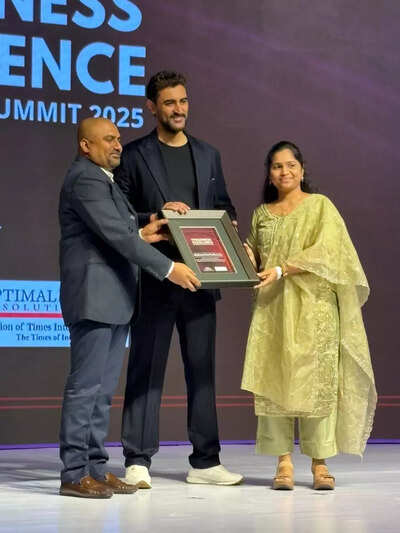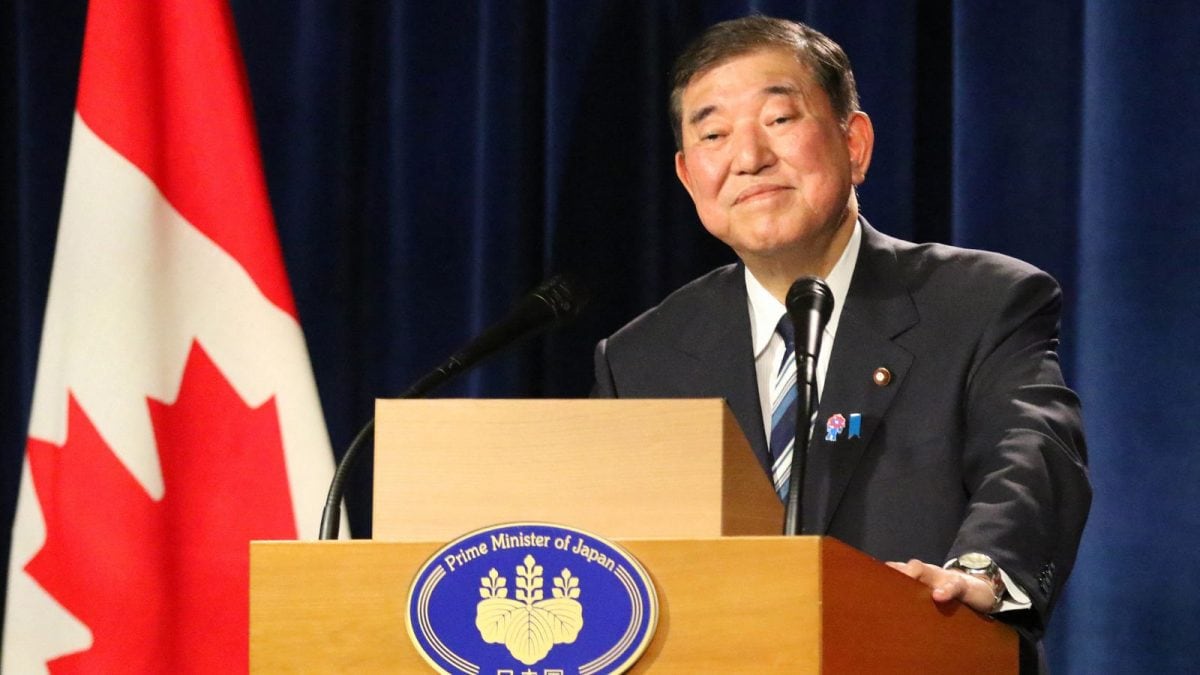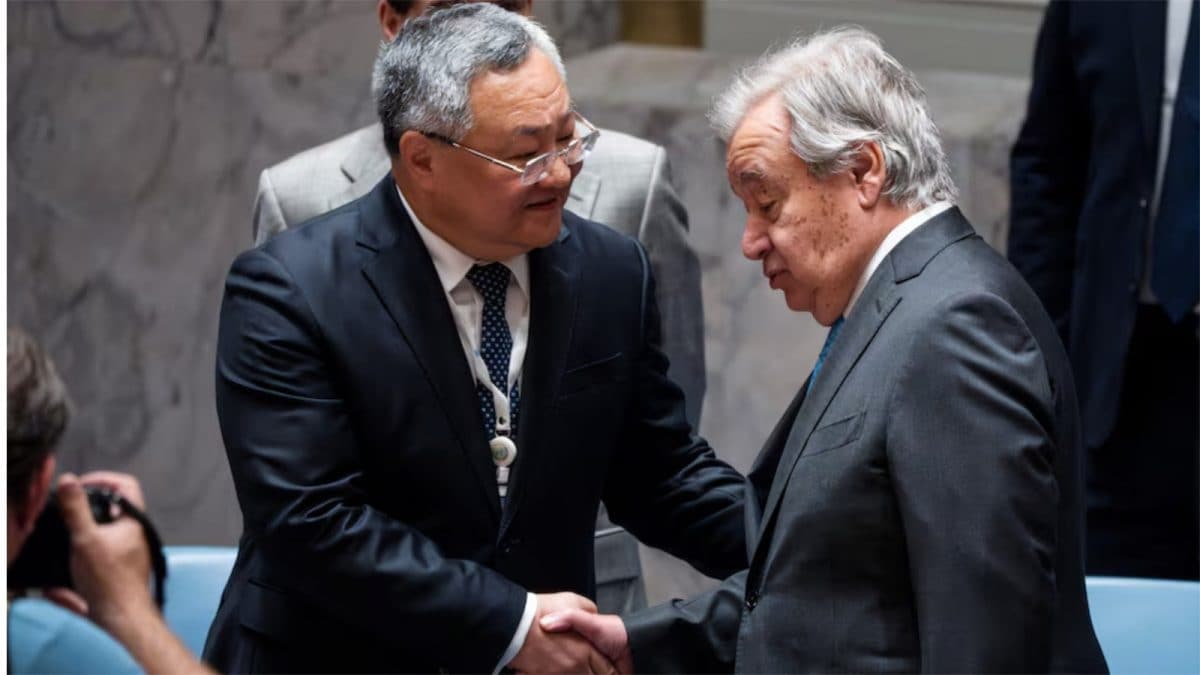ARTICLE AD BOX

In the world of complicated brain surgeries, one name from India stands out — Dr Mohana Rao Patibandla. He is the CMD, CEO, and chief neurosurgeon at Dr Rao’s Hospital. Recently, he was honoured at the ET Business Excellence & Innovation Summit 2025.
The Times of India, with Optimal Media Solutions, were the organisers of the event. Dr Rao received this award for his outstanding work in neurology, neurosurgery, and spine surgery. Now he has become a top name in the medical field. It is nothing less than an inspiration. His work inspires many young doctors across India.At NSI YNFCON 2025, Dr Mohana shared his method for removing brain tumours using the parafascicular approach.
He treated 51 patients with this modern method using BrainPath tools. These tumours are deep inside the brain, near important nerves. Old methods risked memory loss or movement issues, but his new method removed 92% of tumours, with only 7.8% of patients experiencing temporary problems. There was no permanent damage reported.
This shows how careful planning of the surgical path can make a big difference to patient safety.
T
he parafascicular approach means going between the brain’s natural pathways, not through them. Dr Rao used tools like neuronavigation and ultrasound to plan where to cut. The BrainPath system spreads pressure softly, not harshly like old blades. It keeps vision clear during surgery. This helped him reach deep parts like the third ventricle, while avoiding damage to areas responsible for thinking or movement.
This idea of moving carefully, not blindly, is changing how doctors think about brain operations.In the study, patients with tumours in the side brain areas had 95% tumour removal, and 94% were able to live normally after surgery. Older surgeries removed only 65–75% of tumours and often caused permanent problems. Endoscopic surgeries removed even less — just 40–60%. With Dr Rao’s method, only 12% needed extra treatment like fluid drainage, compared to 30% in older methods.
He used smart tools and gentle techniques, and that made a huge difference.
His work is now being discussed at top brain surgery meetings worldwide.Dr Rao’s method might soon be used with robots and 3D planning in real time. His team is also exploring ways to help children with brain problems, which require greater care to avoid long-term effects. He believes in combining smart science with soft hands. His hospital in Guntur is now a place where doctors from many cities come to learn.
This is not just a change in tools — it is a change in how doctors think about saving lives.
And it started right here in India. This award to Dr Rao at the ET Business Excellence & Innovation Summit 2025 is a testament to his exceptional leadership and marks his path-breaking achievements in the areas of neurology, neurosurgery, and spine surgery in India.



.png)
.png)
.png)
















 17 hours ago
4
17 hours ago
4









 English (US) ·
English (US) ·